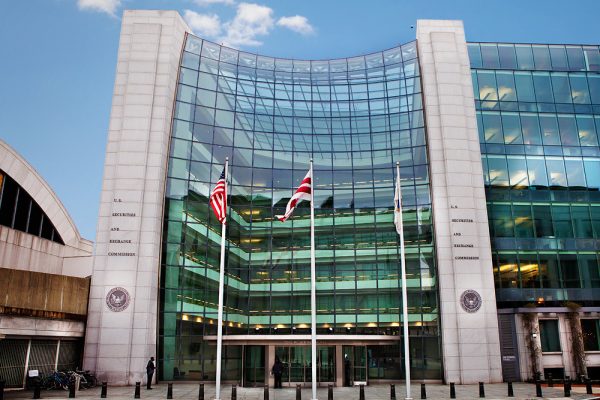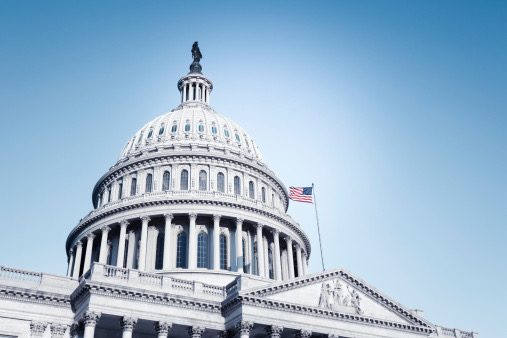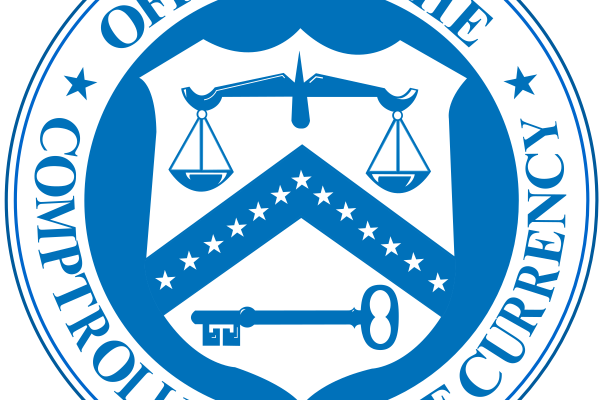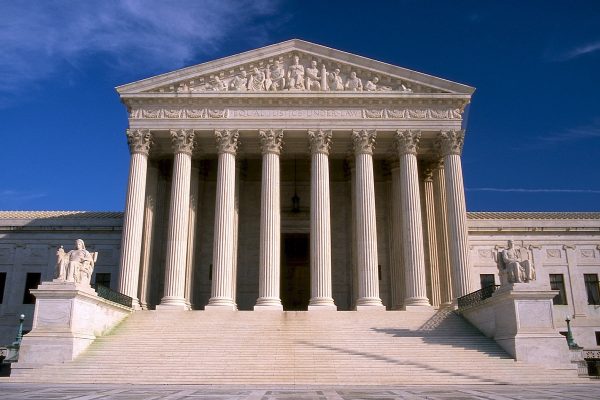Letters and Statements: Letter to IOSCO on Voluntary Carbon Market Oversight
The International Organization of Securities Commissions (IOSCO) seeks comment on a Voluntary Carbon Markets Discussion Paper issued to advance the discussion about what sound and efficient Voluntary Carbon Markets should look like and what role financial regulators may play in promoting integrity in those markets. Americans for Financial










